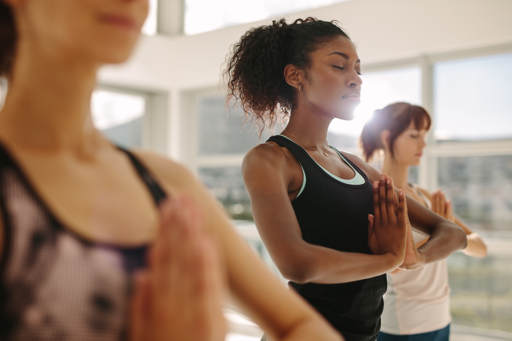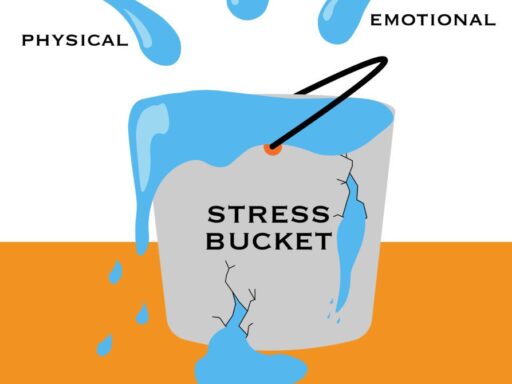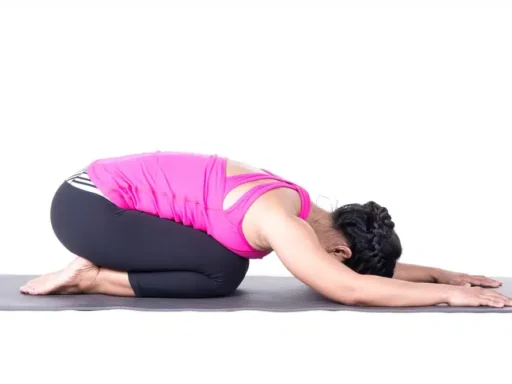
Many of us put a lot of focus and effort into being physically fit, but what about our mental fitness?
An estimated 26% of Americans ages 18 and older – about 1 in 4 adults – suffer from a diagnosable mental disorder in a given year.
Approximately 9.5% of American adults ages 18 and over will suffer from a depressive illness (major depression, bipolar disorder, or dysthymia) each year.
Approximately about 18% of people ages 18- 54 in a given year have an anxiety disorder in a given year. Anxiety disorders include panic disorder, obsessive-compulsive disorder (OCD), post-traumatic stress disorder (PTSD), generalized anxiety disorder (GAD), and phobias (social phobia, agoraphobia, and specific phobia).
These stats are alarming, but the good news is there are many fairly simple things you can employ in your life to improve and sustain your mental health.
May is Mental Health Month, so it’s a good time to check in with yourself and those important to you on mental well-being.
Examples of signs and symptoms may include:
- Feeling sad or down
- Confused thinking or reduced ability to concentrate
- Excessive fears, worries, or extreme feelings of guilt
- Extreme mood changes of highs and lows
- Withdrawal from friends and activities
- Significant tiredness, low energy, or problems sleeping
- Detachment from reality (delusions), paranoia, or hallucinations
- Inability to cope with daily problems or stress
- Trouble understanding and relating to situations and to people
- Problems with alcohol or drug use
- Major changes in eating habits
- Sex drive changes
- Excessive anger, hostility, or violence
- Suicidal thinking
If you have any signs or symptoms of a mental illness, it’s a good idea to see your primary care provider or a mental health professional.
This May and every month, here are five things you can do to remain mentally healthy:
Exercise
Being physically active releases feel-good endorphins, dopamine, and promotes the expression of brain-derived neurotrophic factors that can enhance your sense of well-being and reduce stress.
Connect with Others
Good relationships and being part of a community are important for your mental well-being. Connecting with others will help build a sense of belonging and self-worth and allow you to share and provide emotional support. The gym is a great place to form a community with like-minded individuals. Or you may want to try a book club, join a sport or take a walk with some neighbors.
Try Something New
Research shows that learning a new skill can improve your well-being by boosting self-confidence and helping to build a sense of purpose. Even things as simple as learning to cook something new (and healthy!), taking on a DIY project, or trying a new class at the gym can help pull you out of your routine and bring fresh ideas and thoughts.
Practice Mindfulness
This means paying attention to the present moment and to your thoughts and feelings. Mindfulness can help you understand yourself better. If you find yourself using negative self-talk or experiencing repeated negative thoughts and feelings, you can step in and stop it by turning your thoughts around and shutting out negativity.
Practice Self Care
Putting yourself first so that you are the best you can be for others is important. Take time to do what you love and what makes you feel good. Maybe that’s reading, taking a yoga class, or getting a therapeutic massage.
Source link





